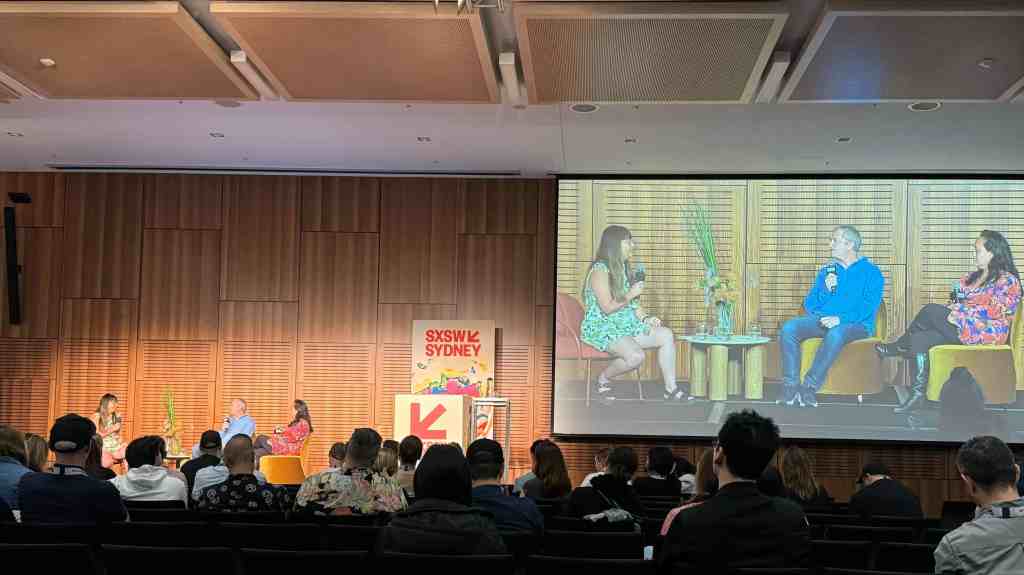Speaking at SXSW Sydney with his wife and Dreamhaven co-founder Amy Morhaime, former Blizzard CEO Mike Morhaime revealed some new insights into why the pair parted ways with the World of Warcraft and Diablo studio, once revered for its industry-leading polish and attention to detail.
“For a long period of time, we had created this culture that was product and player-focused,’ said Morhaime. “Sort of like a field of dreams: Build it and they will come. Really just focusing on what we’re making and making a really high-quality experience.”
Morhaime originally founded Blizzard Entertainment alongside longtime friends Allen Adham and Frank Pearce in 1991. Originally known as Silicon & Synapse, its emphasis on iteration and a high degree of refinement would eventually become synonymous with the company.
“There’s this great Steve Jobs quote I love: If you keep your eye on the profit, you’re going to skimp on the product. But if you keep your eye on the product, the profit will follow, and I really believe that,” Morhaime explained.
Blizzard Entertainment has changed hands so many times over the decades that it’s very easy to lose track. The studio first lost its independence to software publisher Davison & Associates in 1994 before being acquired by CUC International two years later. The company was then sold off following a controversial accounting scandal, and fell into the hands of Vivendi in 1998, which went on to merge with Activision about a decade after that.
As of October 2023, the next link in the chain has been forged with Blizzard Entertainment officially joining the likes of Bethesda and Double Fine within Microsoft’s Xbox Games Studio lineup, following the Microsoft’s US $68.7 billion acquisition of Activision Blizzard.
While being tied to a larger entity gave a studio like Blizzard Entertainment the security and stability it needed to do its best work and deliver genre-defining titles like World of Warcraft, Morhaime reflected on the additional pressures that it brought with it.
“Being part of a public company, there’s an orientation to always consistently deliver good news and it sort of puts these pressures on creative teams that are sometimes in conflict with creating the best products,” he said.
“For many years it felt like I was in a position where I could insulate the game teams and keep their focus on the right things. We had a lot of tools – the way that we structured things and our incentive programs – that allowed me to be able to do that.”
While he said that the leadership team at Blizzard Entertainment was very aligned with this, Morhaime lamented, “I was having a much more difficult time with doing that, and I think that those things really led us in the direction of leaving.”

Asked about the challenges of building a new culture at Dreamhaven and learning from Blizzard’s mistakes, Morhaime alluded to – but didn’t directly address – the reports of discriminatory practices and rampant sexual harassment issues that came to light following his departure as Blizzard’s CEO in 2019.
“We thought that there were certain things that you could just expect from people. [That] you didn’t have to say, and I think the whole world has woken up to the fact that that isn’t always the case,” he reflected.
Looking back, Morhaime suggested the sheer size of Blizzard worked against him when it came to shepherding the culture within the company towards something that was the best of both worlds.
“We wanted to be in an entrepreneurial environment. We wanted to provide that for our studios. We wanted them to feel like they were in control of their destiny with agency and responsibility to pivot when they needed to and when things weren’t working.”
“I think Blizzard has gotten so big and was part of an even bigger organisation, so it had lost some of that agency.”





